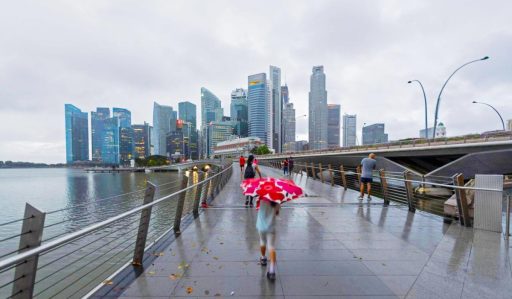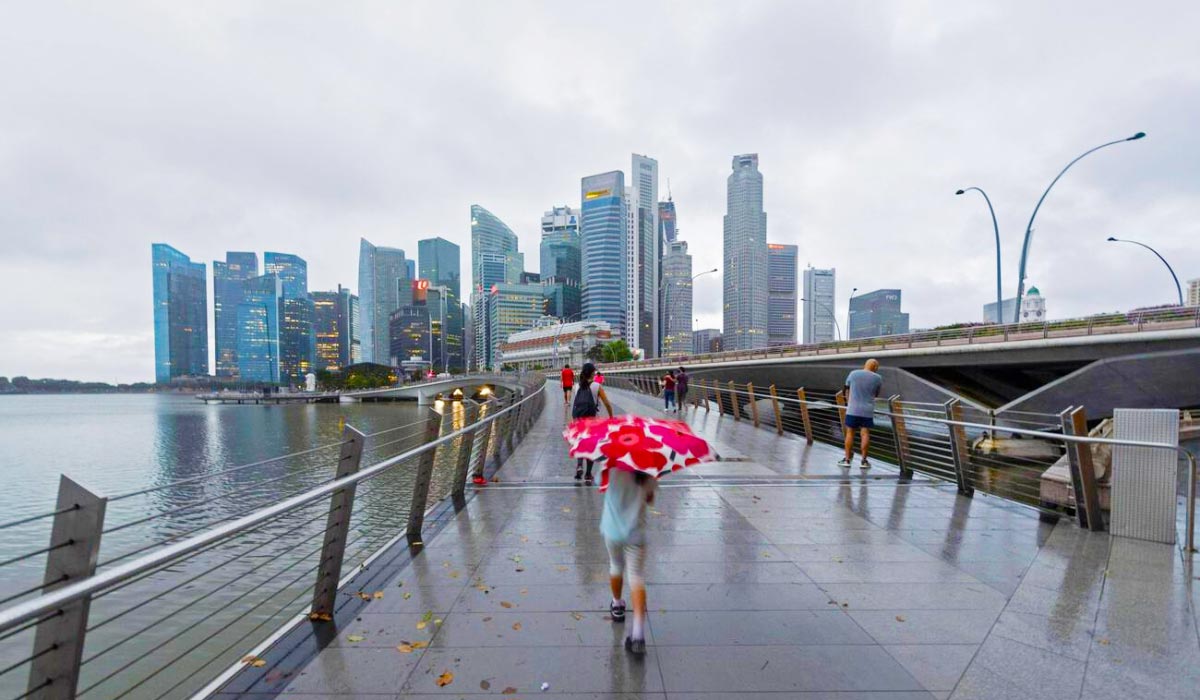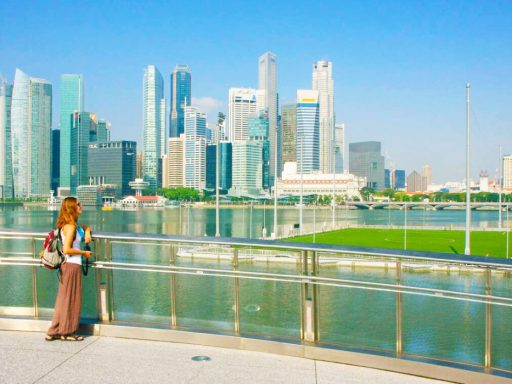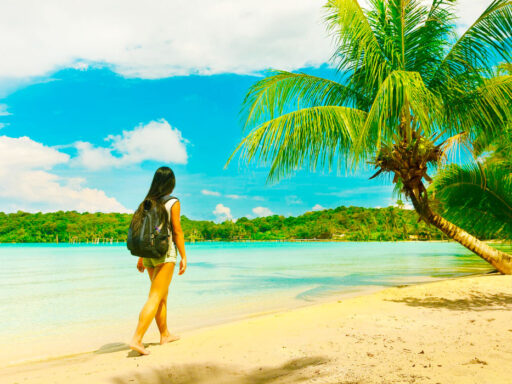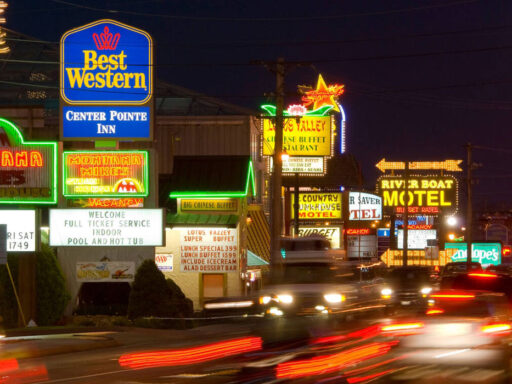Monsoon seasons are a pivotal component of Singapore’s tropical climate. Despite its small size, Singapore experiences distinct rainy periods that significantly impact daily life, the economy, and the environment.
Understanding these seasonal changes is crucial for effective planning and management. This guide provides essential tips and insights for visiting Singapore during the monsoon season.
Types of Monsoon in Singapore
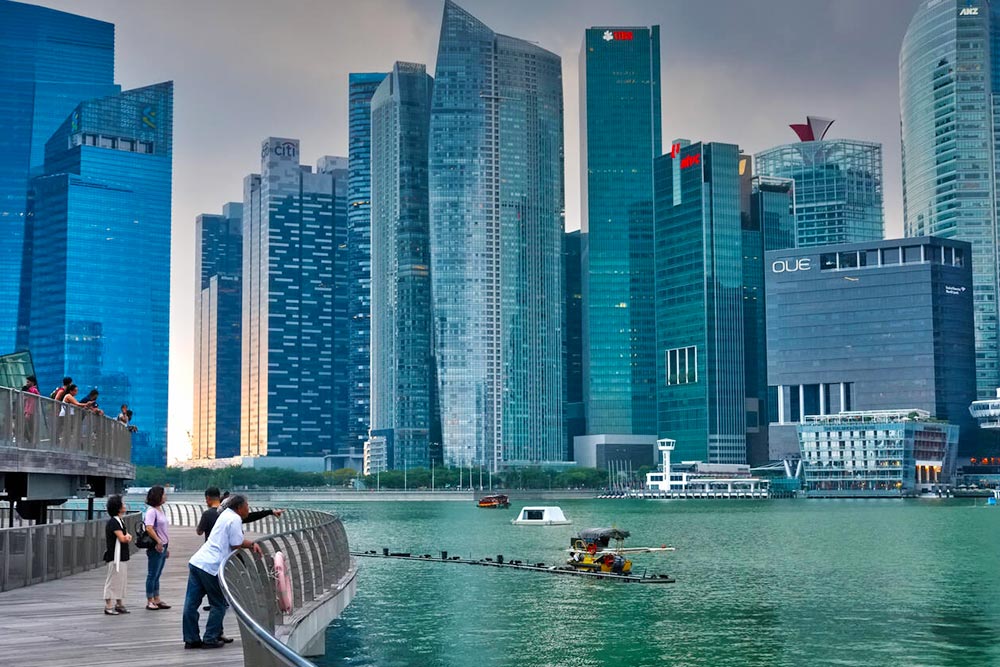
In Singapore, the monsoon season is characterized by two primary types: the Northeast Monsoon and the Southwest Monsoon, each playing a vital role in shaping the country’s climate.
Northeast Monsoon
From December to March, the Northeast Monsoon brings cooler temperatures and increased rainfall to Singapore. This period is marked by consistent winds blowing from the northeast, leading to more frequent and intense thunderstorms.
Rainfall during this season can be heavy, particularly in the afternoons and at night, contributing to the lush greenery that defines Singapore’s landscape. The cooler temperatures provide a brief respite from the typical heat, making it a popular time for outdoor activities.
Southwest Monsoon
The Southwest Monsoon, which lasts from June to September, is characterized by warmer and drier conditions, with winds blowing from the southwest. Although this season is generally less rainy than the Northeast Monsoon, it still brings occasional showers, predominantly afternoons.
The Southwest Monsoon also influences the local weather patterns, leading to a mix of sunny days interspersed with brief periods of rainfall. This monsoon plays a crucial role in agriculture and water management, ensuring a balanced climate for the diverse ecosystems present in Singapore.
Impact of Monsoon on Singapore Tourism
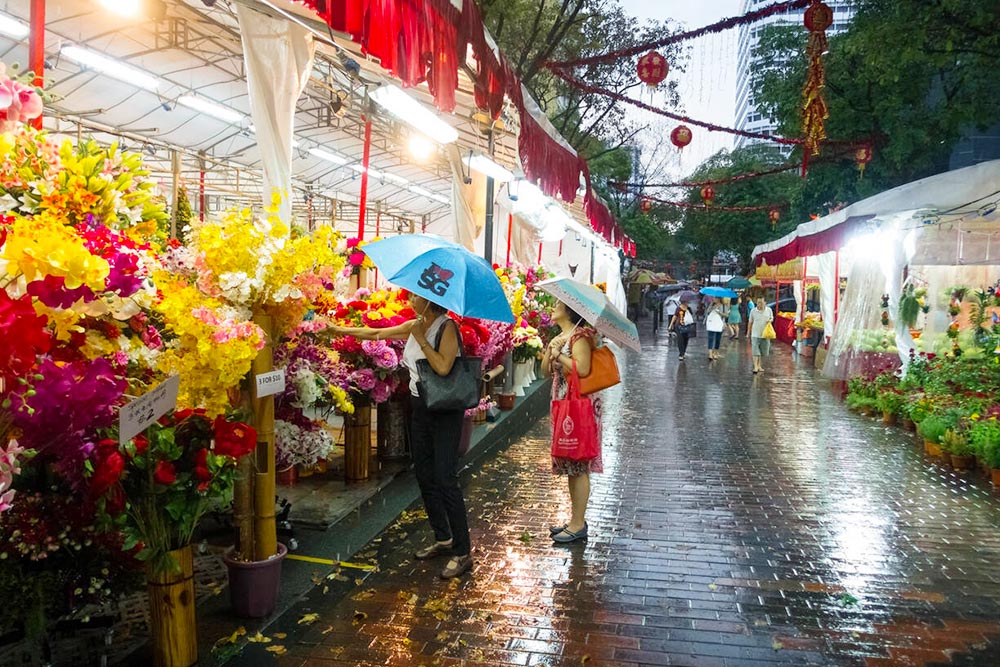
The monsoon season in Singapore has a notable impact on tourism, influencing visitor numbers, travel experiences, and the overall tourism economy. During the Northeast Monsoon (December to March), frequent rain and thunderstorms can deter some tourists, leading to a decline in visitor traffic. This often results in lower accommodation prices, making it the cheapest time to book hotels for budget-conscious travelers to visit Singapore. The wet weather can also limit outdoor activities, pushing tourists toward indoor attractions such as museums, shopping malls, and aquariums.
On the other hand, the Southwest Monsoon (June to September) brings warmer and drier conditions, although occasional rain showers still occur. While the rains are less frequent, the haze from transboundary pollution can affect air quality, which may lead to health concerns for visitors.
Despite these challenges, Singapore remains an attractive destination during the monsoon season due to its modern infrastructure, excellent public transport, and abundance of indoor attractions. Many visitors take advantage of discounted prices on accommodations and flights, finding it an ideal time for a more affordable trip. By planning around the weather, tourists can still enjoy a fulfilling visit to Singapore, even during the monsoon months.
Is It Safe to Visit Singapore During the Monsoon Season?
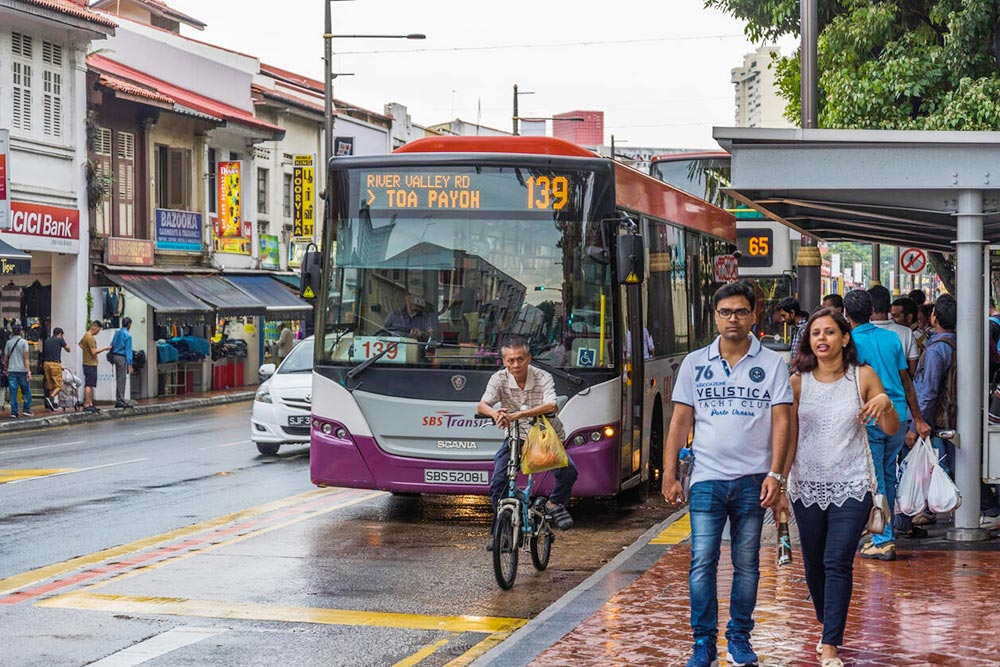
Visiting Singapore during the monsoon season is generally safe. The city is well-equipped to handle heavy rains, with efficient drainage systems and robust infrastructure. While there may be occasional thunderstorms and downpours, these are typically brief and cause minimal disruptions to daily activities.
Public transportation, including the MRT and buses, operates without issue, and most tourist attractions remain open during the rainy season. Indoor venues such as shopping malls, museums, and restaurants provide plenty of shelter from the rain, allowing visitors to enjoy their time comfortably.
However, staying updated on weather forecasts is essential, especially in localized flooding or strong winds. With proper preparation and awareness, traveling during the monsoon season can still be a safe and enjoyable experience in Singapore.
Why Monsoon is the Cheapest Time to Visit Singapore?
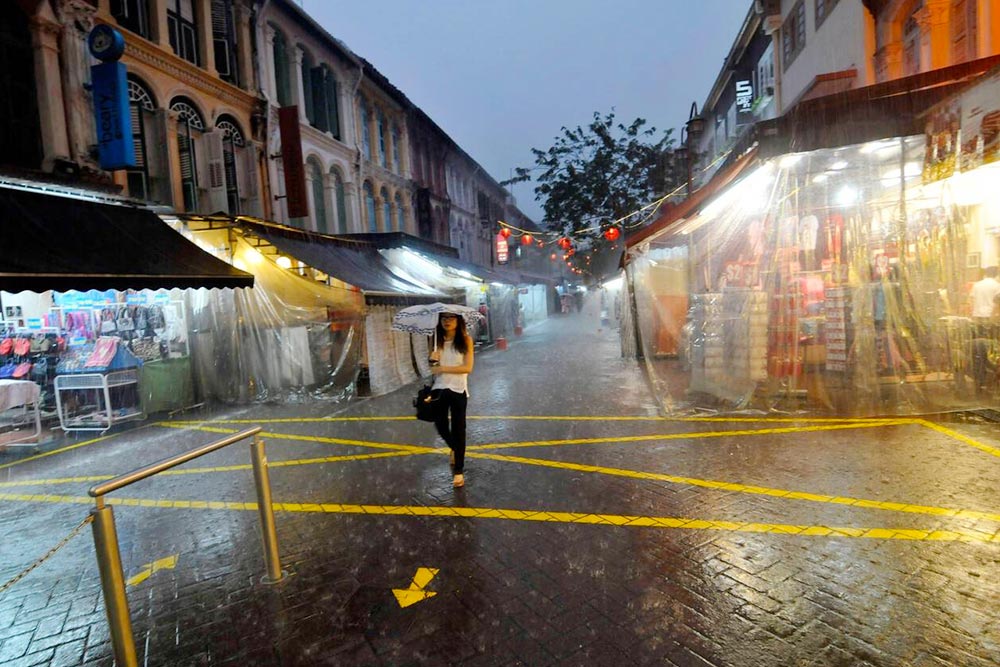
Visiting Singapore during the monsoon season can be cost-effective for several reasons. First, lower accommodation prices are a significant factor. Hotels and other accommodations often reduce their rates during this time to attract visitors, leading to substantial savings on lodging expenses. As a result, the cheapest time to visit Singapore typically coincides with the monsoon months.
Additionally, during the monsoon season, fewer tourists are seen. With heavier rainfall, tourist traffic often declines, resulting in discounted prices for attractions and tours. Many visitors prefer to travel during drier seasons, leaving more affordable options for those visiting Singapore during the cheapest time.
Promotional offers also make this season attractive. Many restaurants, shops, and attractions provide special deals and promotions during this period, enhancing the overall budget-friendly experience.
Moreover, travelers can benefit from cost-effective flights during the monsoon months, establishing this period as the cheapest time to buy flights. Airlines lower fares during off-peak seasons, making affordable air travel options available.
Lastly, Singapore offers a variety of indoor attractions that remain enjoyable despite the rain. By planning a trip during the cheapest time to visit Singapore, travelers can experience the city’s vibrant culture while enjoying substantial savings.
Thoughts on How to Deal With the Monsoon Season if You Visit Singapore
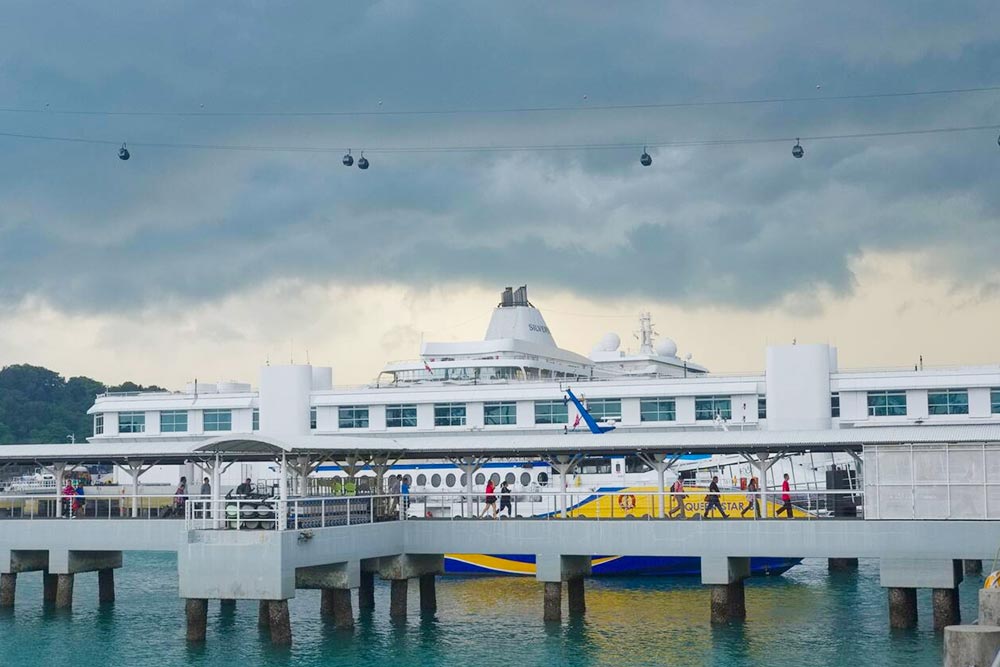
Visiting Singapore during the monsoon season can be a unique experience, and with some preparation, travelers can thoroughly enjoy their trip despite the rain. Here are some final thoughts on how to deal with the monsoon season:
- Pack Smart: Bring lightweight, waterproof clothing and accessories, such as raincoats, umbrellas, and waterproof shoes. These will keep you comfortable exploring the city even in wet conditions.
- Plan Indoor Activities: Take advantage of Singapore’s many indoor attractions, such as museums, shopping malls, and aquariums. Planning visits to these venues will allow you to enjoy your time without being affected by the rain.
- Stay Informed: Monitor weather forecasts and alerts. This will help you plan your daily activities and avoid being caught in heavy downpours.
- Be Flexible: Maintain a flexible itinerary to adapt to changing weather conditions. If heavy rain is expected, consider swapping outdoor plans for indoor ones.
- Embrace the Experience: The monsoon season offers a different side of Singapore, with lush greenery and a vibrant atmosphere. Embrace the rain as part of the adventure, and enjoy the city’s unique charm during this time.
By following these tips, travelers can have an enjoyable and memorable visit to Singapore, even during the monsoon season.
Share this BlogFrequently Asked Questions
Singapore experiences heavy rainfall during the monsoon, with average monthly rainfall ranging from 150 to 300 mm, depending on the season.
While outdoor activities may be limited, you can still enjoy attractions with covered areas, such as Gardens by the Bay and Sentosa Island.
Stay indoors during heavy storms, watch for flash floods in low-lying areas, and be cautious of slippery surfaces.
Yes, many hawker centers are covered, allowing you to enjoy local street food while staying dry.


